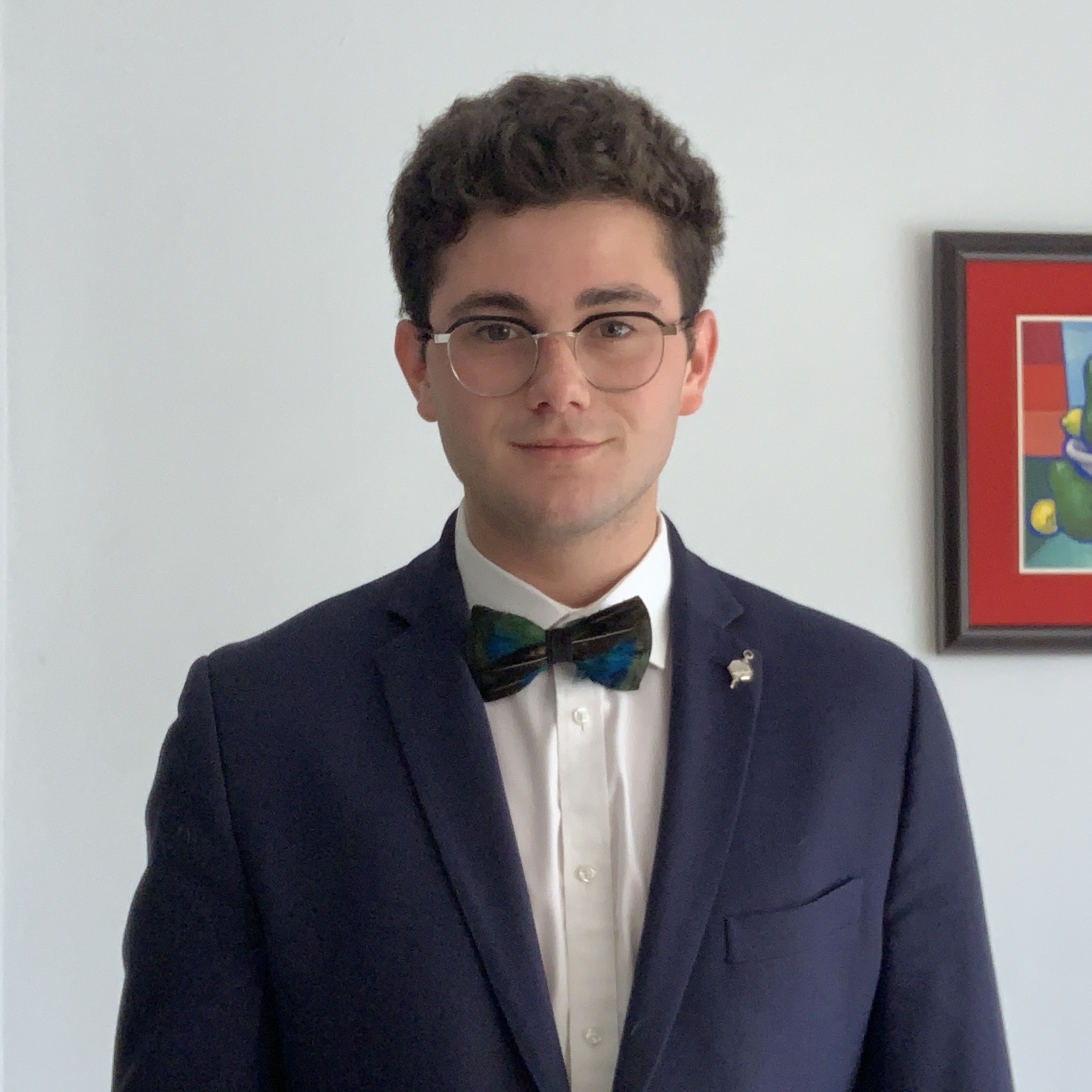Research Symposium
22nd annual Undergraduate Research Symposium
Alexander Blanco Poster Session 6: 2:30 - 3:15/Poster #50

BIO
Alexander Blanco is a Cuban American from Miami Florida. He graduated from Belen Jesuit Preparatory School in 2020 and has since attended Florida State University. He is majoring in Cell and Molecular Neuroscience with the hopes of one day becoming a doctor. Alexander is interested in the biological sciences as well as psychology in an effort to understand our society through as many perspectives as possible.
See it Through My Eyes: The comparison of teacher and student perspective on productive science talk and “doing science” in the classroom.
Authors: Alexander Blanco, Jennifer SchellingerStudent Major: Cell and Molecular Neuroscience
Mentor: Jennifer Schellinger
Mentor's Department: School of teacher education Mentor's College: The College of Education Co-Presenters: Cristina Murdock
Abstract
The purpose of the Learning through Collaborative Design Professional Development (LCDPD) project is to support science teachers in meeting reform visions for science education (NGSS, 2013; NRC, 2012). One aspect of this vision is to engage students in productive science talk, talk that positions students to sensemake about scientific phenomenon and develop understandings of scientific concepts and practices. This study takes a deeper look into Mr. Jerry’s middle school biology class to better understand how Mr. Jerry and his students interpreted four focal lessons designed to engage them in productive talk. Through thematic coding, the first four authors identified aspects of students’ interpretations and feelings around these lessons and compared them with Mr. Jerry’s perspective of the same lessons. Through this analysis, we found Mr. Jerry and his students to have similar accounts of the importance of talk in the classroom, and that one lesson, the skin cancer lesson, was particularly impactful on students’ ideas about how science is done. Additionally, we found that Mr. Jerry and his students differed on how they saw the teacher role in talk, as Mr. Jerry saw himself as a facilitator and his students saw him in an authoritative “knowledge giver” role. These initial findings suggest the need for research to look deeper at the framing of the lesson and the role students’ perception plays in the larger ideas of “doing science” when engaging in talk.
Keywords: LCDPD, Education, Science, Talk, Perspective

